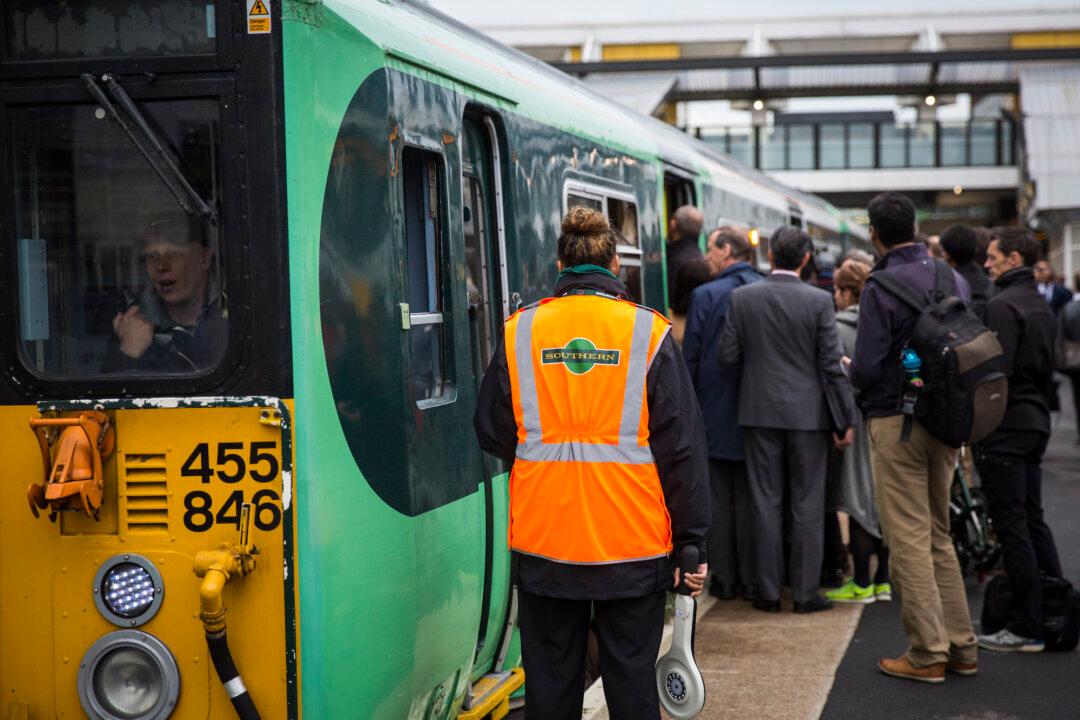Planned strikes that will throttle Britain’s rail services to one fifth of normal are to go ahead next week after last-ditch talks failed.
Union leaders confirmed on Saturday that strikes will be held on three days across the rail network and London underground over pay, jobs, and conditions.





